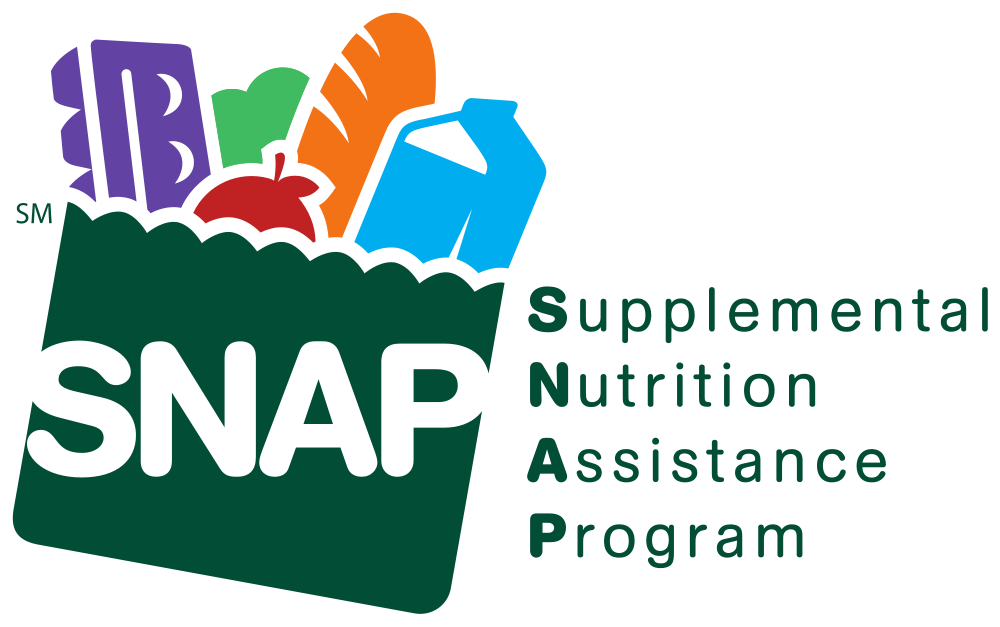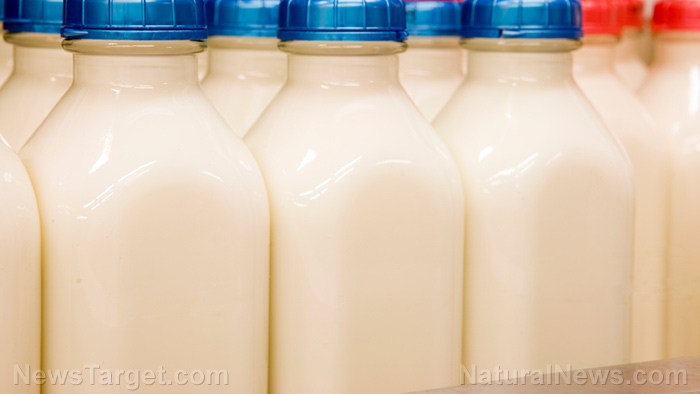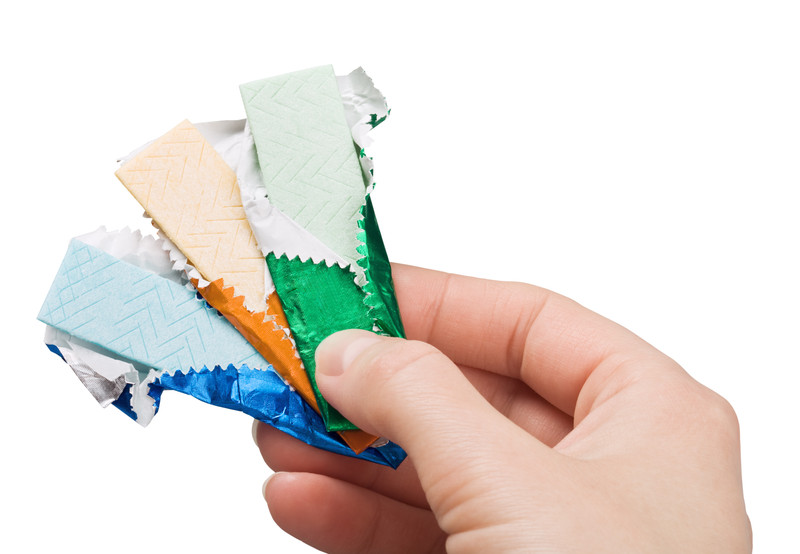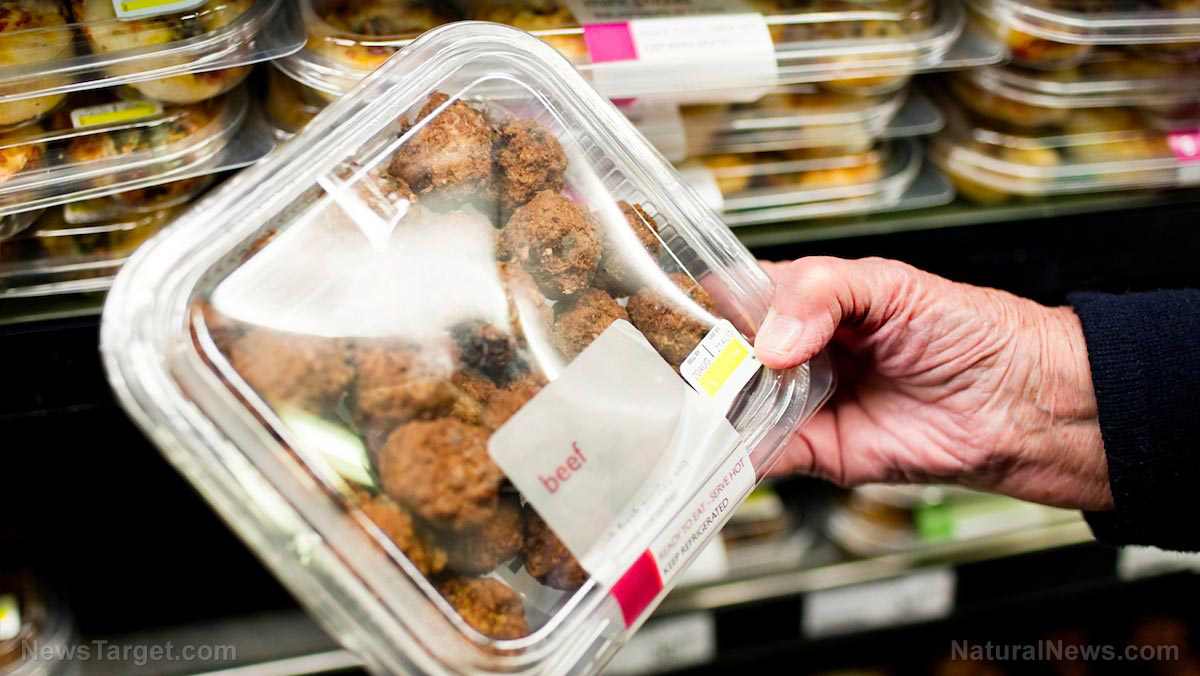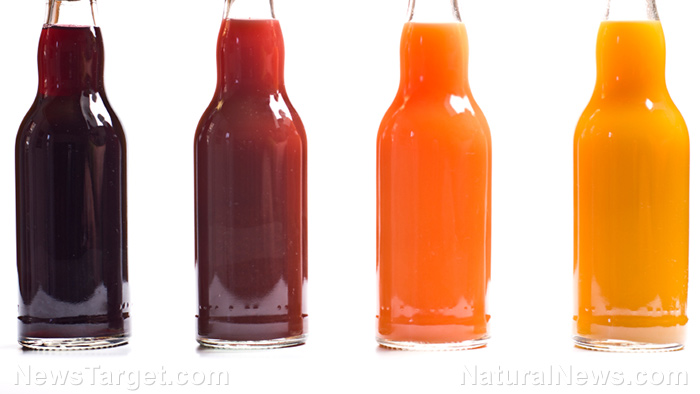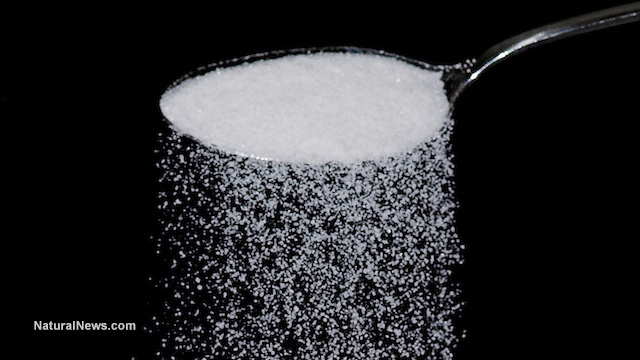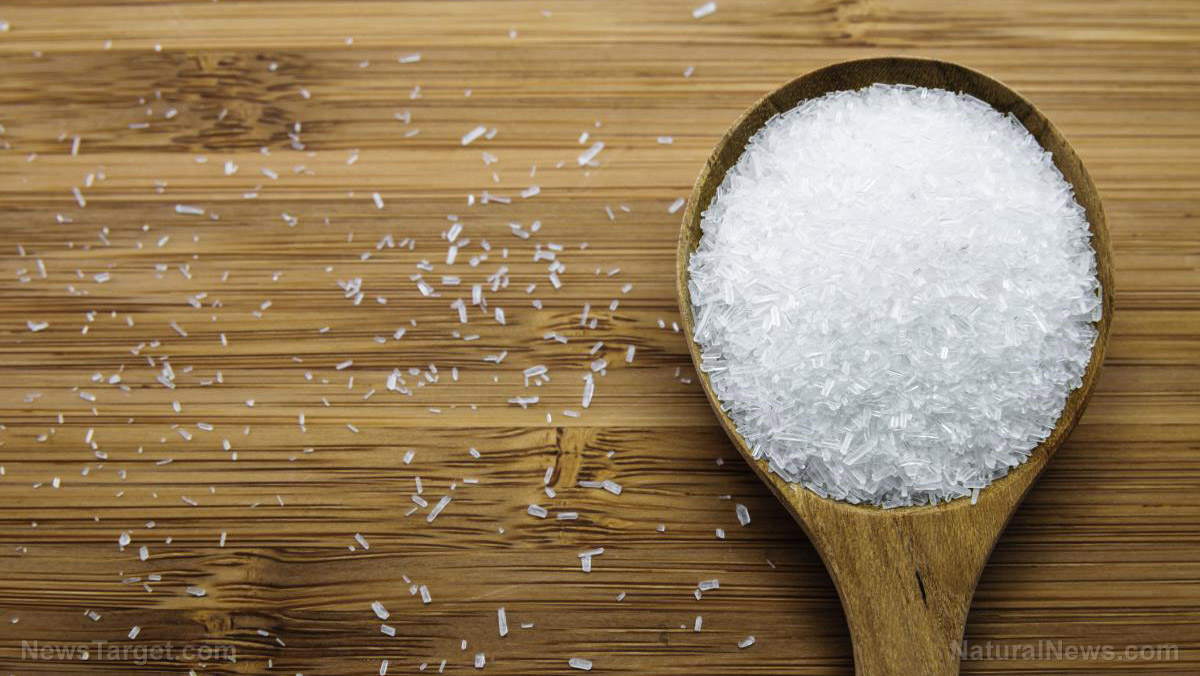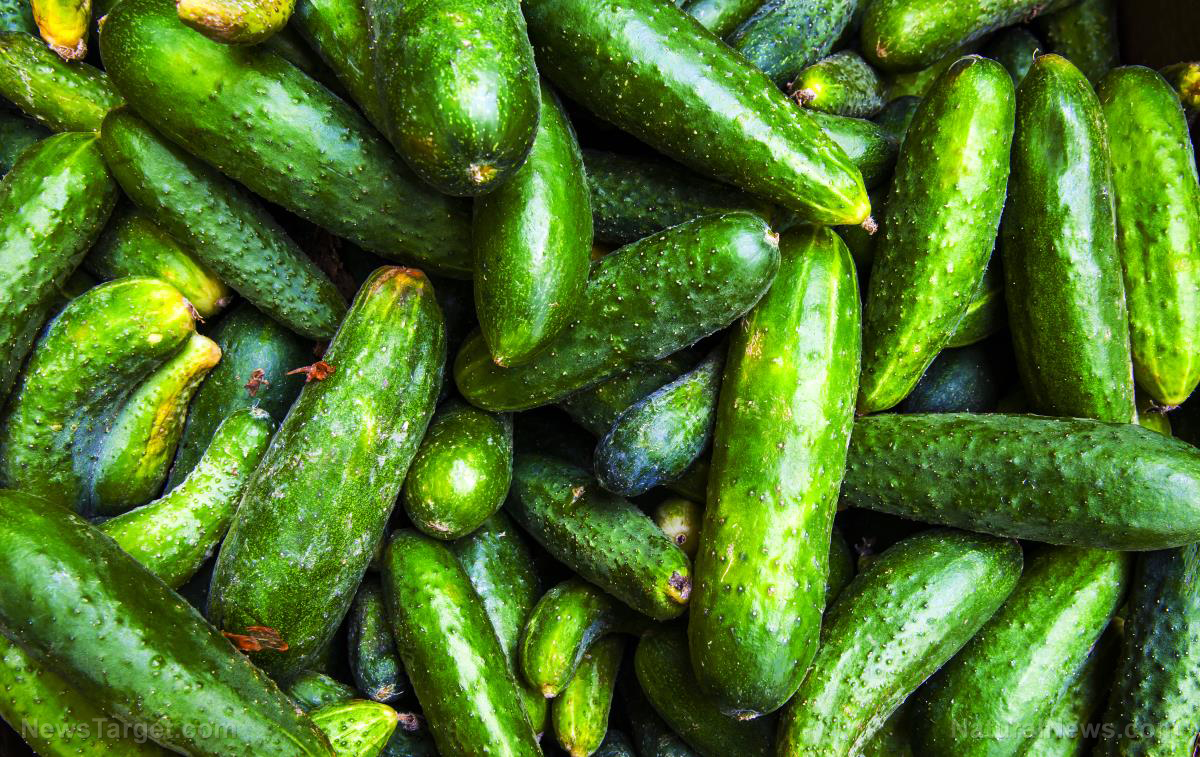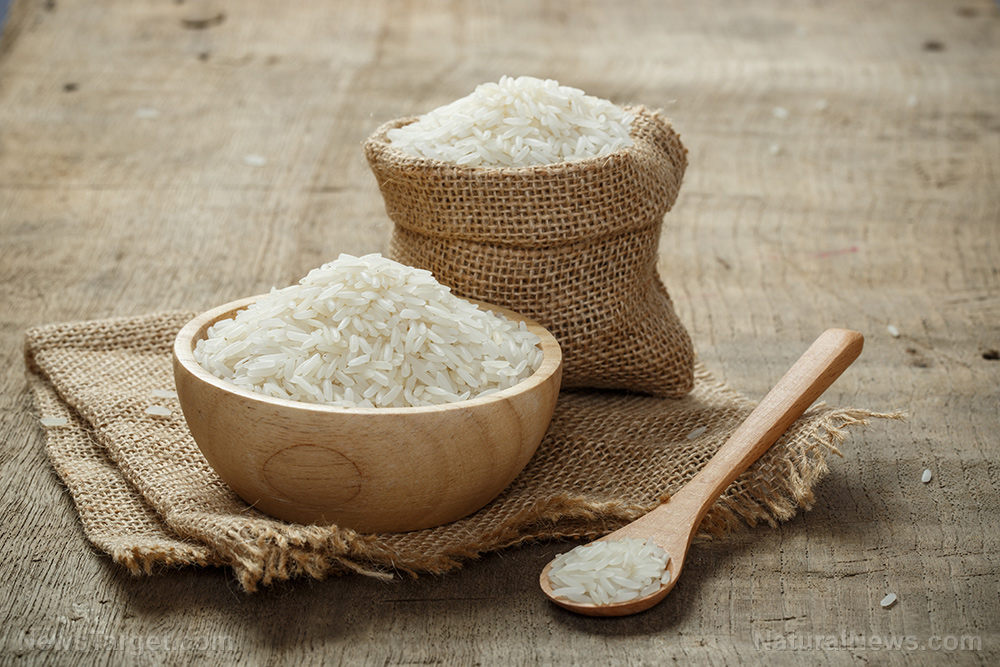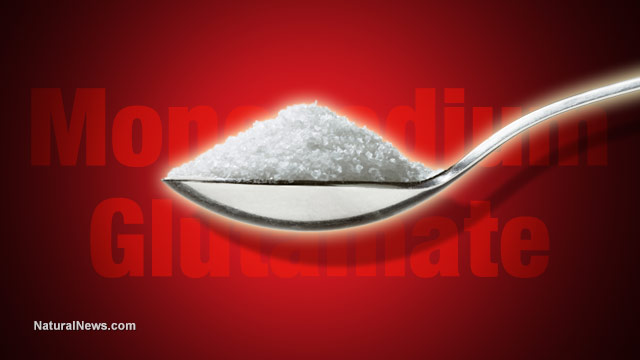Your oat milk has a secret ingredient – Lab tests confirm what’s really inside
05/27/2025 / By Finn Heartley
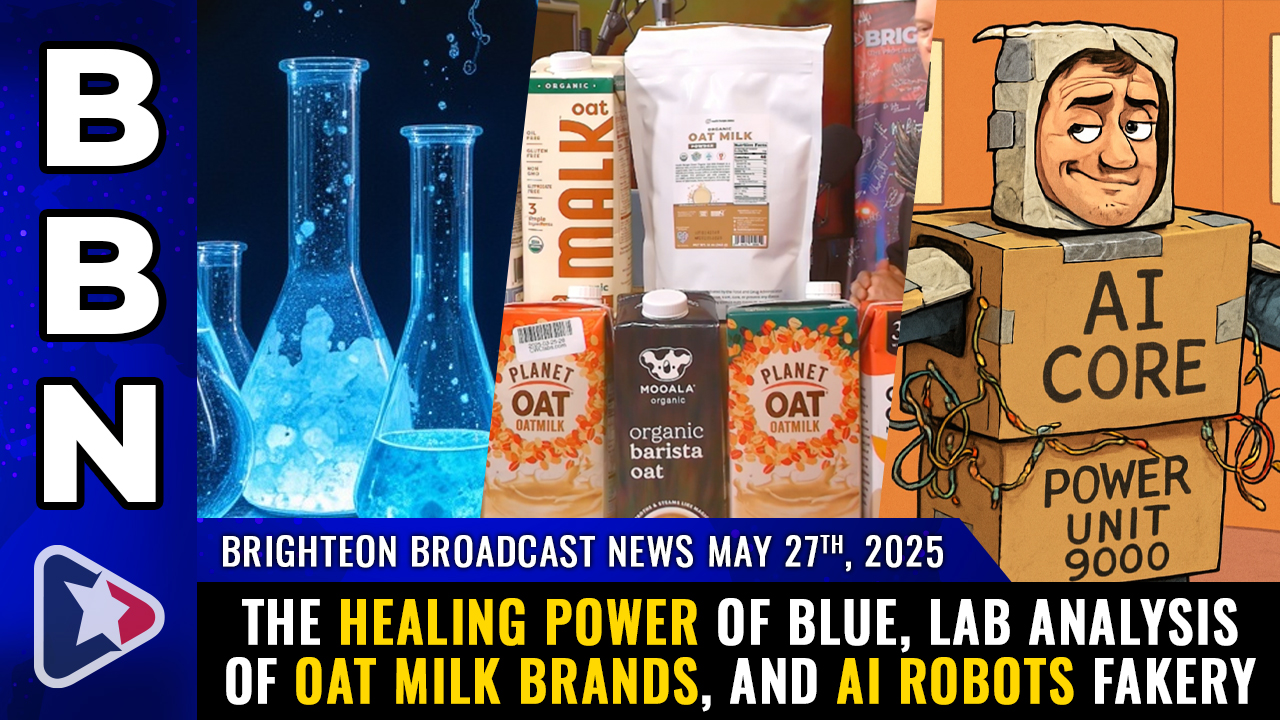
- Chalk in oat milk: CWC Labs found calcium carbonate (ground-up chalk) in most commercial oat milk brands to enhance whiteness and creaminess, though lead/aluminum levels were within safe limits.
- Health concerns questioned: While calcium carbonate isn’t toxic, its use raises doubts about unnecessary additives in “natural” products, with poor bioavailability of calcium compared to whole-food sources.
- Tested brands: Chobani, Planet Oat, and Whole Foods’ 365 contained chalk, but Califia Farms Organic, Oat Malk, and Health Ranger Store’s oat milk powder were additive-free.
- Heavy metals safe: No concerning lead levels were detected; aluminum traces (380–1,554 ppb) were far below hazardous limits, comparable to natural levels in whole foods.
- Clean-label alternatives: Adams recommends brands like Califia Farms, Oat Malk, or Health Ranger Store for minimal-ingredient oat milk, urging consumers to scrutinize labels for hidden additives.
A recent investigation by CWC Labs, an independent laboratory founded by food scientist Mike Adams, has uncovered that nearly all major commercial oat milk brands use calcium carbonate—essentially ground-up chalk—to enhance their product’s whiteness and creaminess. While the lab confirmed that lead and aluminum levels in these products were within safe limits, health advocates question the necessity of adding chalk to plant-based milk.
Chalk in Your Oat Milk?
Adams, who leads CWC Labs, demonstrated the process by blending pure calcium carbonate into water, producing a liquid visually identical to store-bought oat milk.
“You’re drinking chalk milk,” Adams remarked, emphasizing that while calcium carbonate is not toxic, its inclusion raises concerns about unnecessary additives in products marketed as natural.
The lab tested several popular oat milk brands, including Chobani, Planet Oat, and Whole Foods’ 365 brand, finding calcium carbonate in all but three: Califia Farms Organic Oat Milk, Oat Malk, and Adams’ own Health Ranger Store Organic Oat Milk Powder.
Heavy Metals: No Red Flags
Despite calcium carbonate’s reputation for potential lead contamination, CWC Labs’ ICP-MS (Inductively Coupled Plasma Mass Spectrometry) testing detected no concerning levels of lead in any of the oat milk samples. Aluminum was present but at trace amounts—ranging from 380 parts per billion (ppb) in Califia Farms to 1,554 ppb in Whole Foods’ 365 brand—far below levels considered hazardous.
“None of these aluminum levels are alarming,” Adams stated, noting that many whole foods naturally contain higher aluminum concentrations due to soil absorption.
Why Add Chalk?
Manufacturers add calcium carbonate primarily for two reasons:
- Visual Appeal – It mimics the creamy white appearance of dairy milk.
- Calcium Fortification – Though Adams argues the bioavailability of calcium from chalk is poor compared to whole-food sources.
Additionally, many brands include thickeners like gellan gum, rapeseed (canola) oil, or sunflower oil—ingredients some consumers may not expect in a product marketed as simple oat milk.
Cleaner Alternatives Exist
For those seeking oat milk without additives, Adams highlighted three options:
- Califia Farms Organic Oat Milk – No calcium carbonate, minimal ingredients.
- Oat Malk – Contains only oats, water, and Himalayan salt.
- Health Ranger Store Organic Oat Milk Powder – A single-ingredient (oats) powdered alternative.
Broader Implications for Plant-Based Milks
The findings extend beyond oat milk. Adams noted that almond and soy milk brands often use similar additives, including calcium carbonate and carrageenan. His advice? “Read labels. If you’re not checking ingredients, you’re swallowing unknown substances.”
While the study reassures consumers about heavy metal safety, it underscores the importance of transparency in plant-based dairy alternatives. As demand grows, so does scrutiny—making clean-label options increasingly vital.
Watch the May 27 episode of “Brighteon Broadcast News” as Mike Adams, the Health Ranger, talks about the lab analysis of oat milk brands.
This video is from the Health Ranger Report channel on Brighteon.com.
More related stories:
GOT ADULTERATED MILK? Synthetic “milk” products contain SHOCKING ingredients you won’t believe
Oats: A nutritional powerhouse for health and wellness
BIG WIN for FOOD FREEDOM: Amish farmer’s raw milk case sparks national debate
Sources include:
Submit a correction >>
Tagged Under:
#nutrition, calcium, clean food, diet, food, food safety, health, ingredients, natural health, oat milk, organics, raw milk, toxic foods, toxic ingredients
This article may contain statements that reflect the opinion of the author
RECENT NEWS & ARTICLES
COPYRIGHT © 2017 GROCERY NEWS


